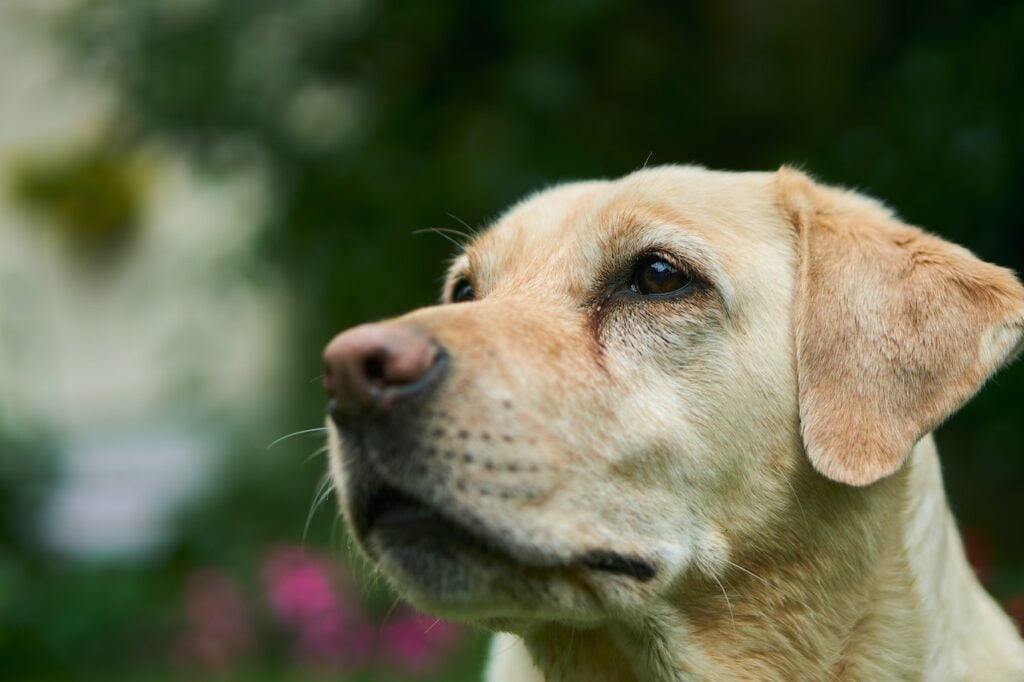Dogs trained to sniff out early signs of cancer achieved a success rate of almost 93 per cent in a clinical study.
SpotitEarly, based in Israel, uses artificial intelligence technology to assess the way labradors respond to patients’ breath samples.
In trials the dogs identified cases of the four most common cancers – breast, lung, colon, and prostate – with a 92.8 percent success rate.
“The results of the research so far are groundbreaking,” said Dr. Yifat Zivoni, VP Clinical Laboratory at SpotitEarly. “The test developed by SpotitEarly can set a revolution in the first line of cancer screening tests, should the company maintain the results by the end of the study.”
It used samples of 575 participants that included verified cancer patients (breast, lung, colon, and prostate) – some at a very early stage of the disease – and a control group verified as negative for cancer.
The study was able to determine each kind of cancer over 90 percent of the time. The percentage of false positives was less than seven percent.
SpotitEarly combines dogs’ unmatched sense of smell with technology that includes dynamic sensors, AI-based models, and algorithms designed for optimal accuracy of test results. Its system is designed to support screening tests for a variety of medical diagnoses, though the startup is currently focused on cancer.
In the early stage in the development of cancerous tumors, specific molecules known as volatile organic compounds are secreted first into the blood system, and then into the respiratory system. Each type of cancer has a unique odor that is created from the same compounds.
“Discovering cancer in the early stage of the disease, sometimes before symptoms appear, is critical for the patient’s chances of recovery,” says Ariel Ben Dayan, Co-Founder and CEO of the company.
“Every year, approximately 150 billion dollars are invested in various tests to detect cancer, but in only 54 percent of the cases is cancer detected at a stage which is sufficiently early. This is due to various reasons related to the accessibility of early detection tests, their cost, and the fact that each test covers only one type of cancer.”
SpotitEarly, which is based in a kibbutz in central Israel, aims to include a total of 2,000 participants in its clinical study. The company says that the cost of the cancer-screening test will be 25 percent of any other competing product.
Related posts

Israeli AI Safety Tool Among TIME’S Best Inventions For 2024

TAU Team Discovers Mechanism To Eliminate Cancerous Tumors

Ashdod Port Investing In Startups As Part Of Innovation Strategy




Facebook comments